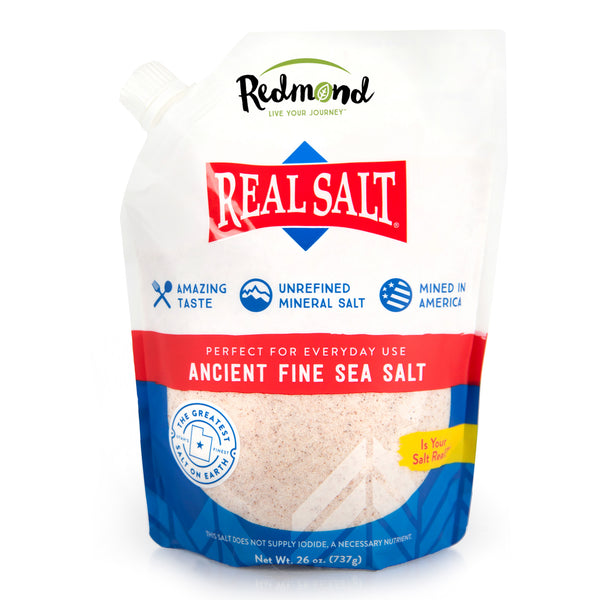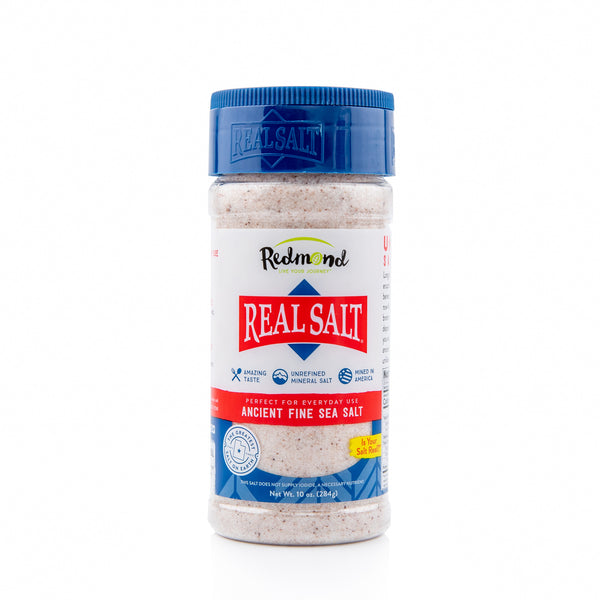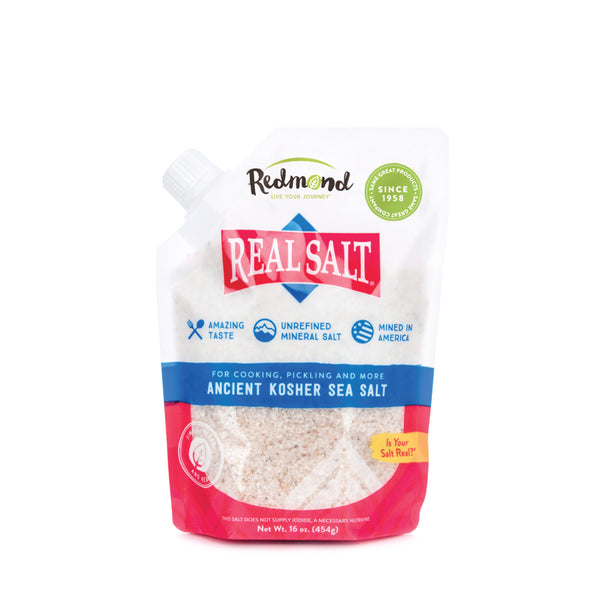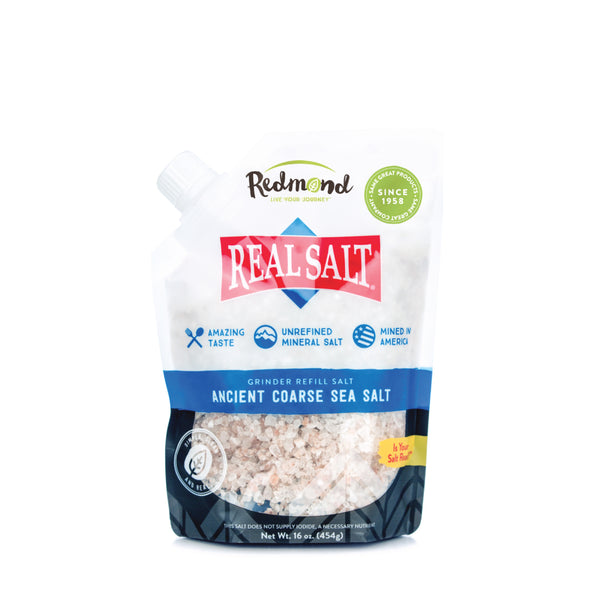Maca Benefits: Everything You Need to Know

Article at a Glance:
- Maca is a Peruvian root vegetable that’s been used for centuries for its medicinal and nutritional properties.
- Maca is a great source of nutrients like vitamin C, potassium, calcium, and antioxidants.
- Research has linked maca to potential mood, libido, memory, and energy benefits.
- Evidence suggests most people can safely consume between three and nine grams of maca per day.
- You can add maca powder to smoothies, soups, oatmeal, and more.
Maca is, quite literally, a vegetable like no other.
Grown exclusively in the Andes, hailed for its versatile uses, and praised for its links to various health benefits, maca root and maca root powder are becoming increasingly popular in supplements, mixes, and even as a whole ingredient in household cooking.
Although this adaptogenic plant has been used for medicinal and culinary purposes in Peruvian households for centuries, there is still a lot to learn about maca root. Much of the scientific evidence on maca is new and experimental, but studies show promising results surrounding energy, fertility, nutrition, and even memory.
Let’s explore the one-of-a-kind maca.
What is Maca?
Maca is a rooted, Peruvian plant. It belongs to the Brassicaceae plant family and has been cultivated in the central Andes for over 2,000 years. It grows in this region exclusively, at harsh altitudes of over 13,000 feet, and for centuries has been used by Peruvians for its medicinal and nutritional properties.
Maca grows wild in the Andes and loosely resembles a potato in color, but with a wrinkled exterior that’s caused by the high altitude, intense winds, and sun exposure. The root is the most widely used part of the maca, edible when cooked or turned into powder. Its taste is nutty and earthy with a cruciferous texture. Sometimes called Peruvian ginseng because of its root nature, maca is actually a vegetable most closely related to mustard greens, turnips, cabbage, watercress — all members of the brassica (mustard) plant family.
Maca is a great source of nutrients, essential vitamins, and minerals such as:
- Vitamin C
- Copper
- Iron
- Iodine
- Potassium
- Calcium
- Glucosinolates
- Polyphenols
Similar to other root vegetables, maca is a fiber-rich healthy carb source, while relatively low in fat and protein.
What Are the Health Benefits of Maca?
Maca has been linked to a wide range of unique health benefits, boosting its popularity substantially in recent years. We know that it carries a significant amount of flavonoids, a plant compound linked to psychological benefits and stress reduction. But many of the studies that have shown positive health benefits are still working to pinpoint the “why” of Maca’s influence on the body. Some of the health benefits currently acknowledged are:
Mood:
Studies suggest that maca’s flavonoids can help to reduce stress and anxiety, and even alleviate depression. Research has shown successful results in postpartum women, with one study concluding that in a six-week trial women who were given maca showed a decrease in depression vs. those who were given a placebo.
Libido:
Successful studies have led to maca being marketed as a libido-boosting substance for both men and women. In randomized clinical trials, research showed promising results in a boosting of sexual desire, and a lowering of sexual dysfunction.
Memory:
Traditionally, maca has been used by Peruvian children to increase focus and improve learning in schools. Studies on animals show improved cognitive function, motor coordination, and endurance capacity with continued use. It also suggests that maca may help slow down age-related cognitive decline, due to its ability to improve mitochondrial function and upregulate autophagy-related proteins.
Energy:
One of the most widely celebrated side effects of maca is its effect on energy levels. It’s particularly effective for endurance activities, aiding the body with long-lasting energy and muscle support. Its unique properties make it popular in sports supplements and athletic communities.
Is Maca Root Safe?
Maca is a natural plant and is widely accepted as a safe addition to your diet via food, powder, or supplement form. Because it is still being researched it’s advised to only be consumed via trusted and reliable sources, much like any supplement.
The amount of maca you can consume daily is disputed, but recommended ranges typically fall between three and nine grams per day.
Maca does contain goitrogens — plant compounds that can inhibit the normal functioning of the thyroid glands. If you experience thyroid complications, consider limiting your maca intake to a conservative dosage. Because of maca’s effect on hormones, caution is also recommended for those who are pregnant, breastfeeding, experiencing severe medical conditions, or have hormone-induced health complications.
How Should I Consume Maca?
Many people like to add maca powder, tinctures, or gelatin to their diet via smoothies, oatmeal, soups, etc. Its earthy, nutty flavor does alter the taste of food, so consider your flavor profile before scooping it on!
We like a daily dose of Re-Lyte Boost as a safe and simple way to incorporate maca into our daily routine. Re-Lyte Boost can be easily added to your water for a boost of electrolyte-fueled, balanced energy – or even as a healthy coffee substitute when needed.
Looking for other safe and natural ways to feel energized? Check out our latest blog: 11 Ways to Increase Energy and Motivation Naturally.
Sources:
9 Benefits of Maca Root (and Potential Side Effects) - Healthline
A Double-Blind Placebo-Controlled Trial of Maca Root as Treatment for Antidepressant-Induced Sexual Dysfunction in Women - US National Library of Medicine
Maca reduces blood pressure and depression, in a pilot study in postmenopausal women - PubMed
What Are The Benefits of Maca Root? - Medical News Today
What Is Maca Root? - Very Well Health
Ethnobiology and Ethnopharmacology of Lepidium meyenii (Maca), a Plant from the Peruvian Highlands - US National Library of Medicine









